China is going through a hard time with widespread uncertainty. The novel coronavirus has presented a severe setback for the whole country; for those affected by the virus, their families, and for the general population.
中国正在经历着一个十分艰难的时期,而且充满了诸多不确定性。新型冠状病毒令整个国家遭受了严重的挫折:尤其是那些受病毒感染的病人,他们的家人以及普通民众。
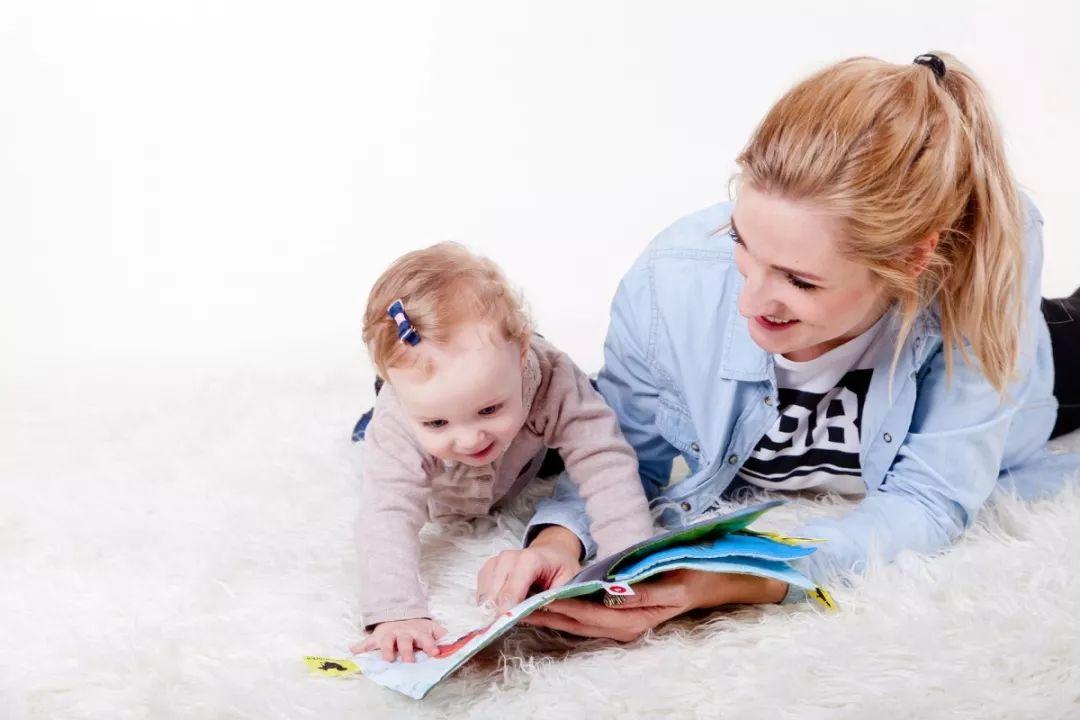
The coronavirus situation has affected every member of our WISS community in some way. For many of us, it is the first time we have experienced such circumstances, and many of us feel uncertain and confused.
最近的新型冠状病毒的情况也以某种方式影响了我们上海西华WISS社区的每一位成员。对于我们大多数人而言,这是我们第一次经历这种状况,我们也会感到不确定和困惑。
It’s hard for adults to understand what is happening, to process all the information, and to adjust our habits and routines. Now try to imagine how difficult it can be for children who have their routine altered. Not being able to attend classes for a long time, not seeing teachers or friends, and the lack of outdoor leisure activities can make them feel lost and disoriented.
即使对成人来说,完全了解真相,处理所有信息以及调整我们的习惯和生活模式也绝非易事。现在,试想一下,对孩子来说改变他们的生活模式有多难。在较长的一段时间里无法上学,见不到老师和朋友,以及缺乏户外活动,这一切都会使他们感到迷茫迷。
In this new scenario where preventing the spread of the virus is the absolute priority, it has been recommended to avoid leaving the house. Moreover, all schools in Shanghai will remain closed until at least the end of February. This has resulted in many children being stuck at home, with their parents or relatives whose daily routine has also changed.
此时此刻,重中之重固然是防止病毒传播,所以建议大家尽量避免出门。此外,二月底前上海所有学校将持续关闭。这情况会导致许多孩子被困在家中,孩子的父母或亲人的日常生活也同时发生了改变。
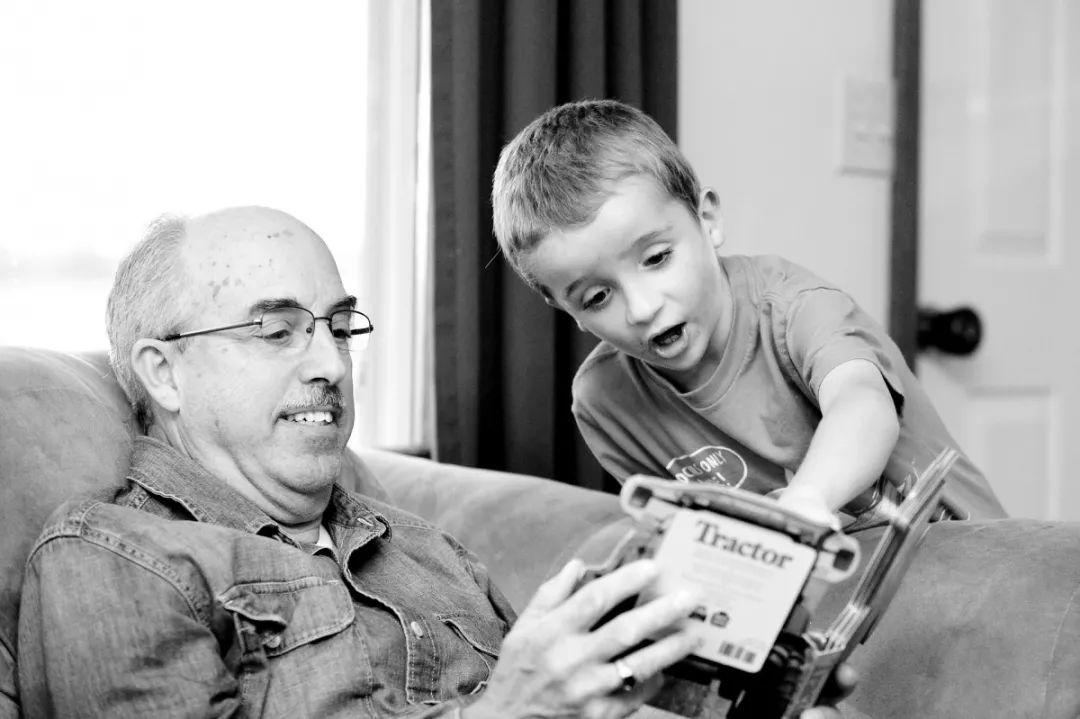
Given this new situation it seems logical to mention to our children that something is happening, but how do we do that? How do we convey the reality without alarming them?
在这种新情况下,我们应该坦白告知孩子现在社会上在正在经历和发生的事情,但是我们应该如何和孩子谈论现在的情况呢?我们如何在不惊动孩子的情况下传达相关的信息?

Consider the age of your child: it’s not the same talking to a 5-year-old as it is to a 12-year-old. Each child, depending on their age, is going to process the information in their own way.
考虑您孩子的年龄:与5岁孩子说话和与12岁孩子并不相同。每个孩子会根据自己的年龄,并以自己的方式去消化和处理信息

Consider the moment you choose to have this discussion: both sides have to be prepared to speak. If your little one is not comfortable, wait until they feel like doing it. The communication will be more relaxed, and they will be more receptive to listening.
考虑您选择进行讨论的时间:双方都必须做好发言的准备。如果您的小孩子感到不舒服,请等到他们状态转好后再作交流。这样,交流将会更加轻松,而他们将更容易聆听。

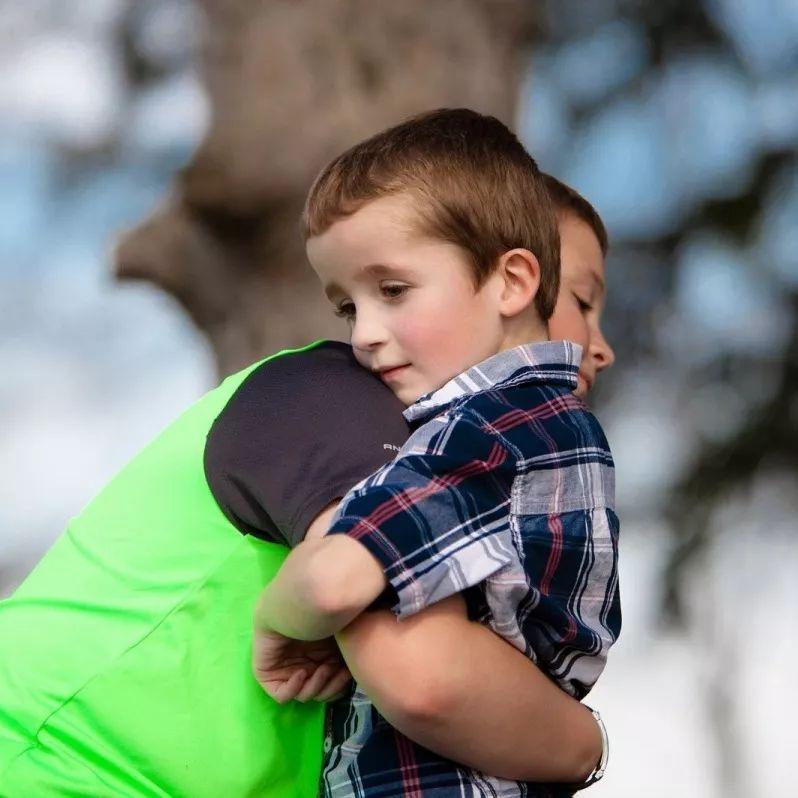


Consider who should talk to them: sometimes it's mom, dad, the grandparents. Even a friend of the family can be the right person to deal with these delicate issues.
谁与孩子进行交谈也应该清楚考虑:有时候,可能是母亲,也可能是父亲或祖父母,甚至家庭成员的朋友也可能是处理这些棘手问题的最佳人选。
Each family is different; therefore, each one has their own way of explaining what is happening to their children. In these unusual circumstances which are new to many of us, some parents may feel unsure when facing the situation.
每个家庭情况不尽相同;因此,每家每户都用自己的方式与孩子解释社会正在经历的事情。在目前不确定的情况下,有些父母在面对这种特殊情况时也许也会感到不确定。
Here is some guidance that can help you when talking to your child about coronavirus.
以下是一些有助于您与孩子谈论冠状病毒的指导建议。
4 Tips on How to Talk Children About Coronavirus | 关于如何与儿童谈论冠状病毒的4項提示
1. Keep Calm
| 保持冷静
Remember that children are great observers. They tend to imitate observed behavior and are influenced by it. It is vital to always convey a feeling of serenity and tranquility. Keep in mind that alarming headlines, rumors, or even fake news may come through. Don’t expose children to media that is inappropriate for their age and use reassuring words and gestures to help them feel safe.
记住,孩子是伟大的观察者。他们倾向于模仿观察到的行为并受其影响。讨论期间,保持一贯冷静与安宁的感觉尤其重要。请记住,我们有可能会接触到一些令人震惊的头条新闻,谣言,甚至假新闻。因此,不要让孩子接触一些不适合他们年龄的媒体,我们要使用合适的言词帮助孩子们感到安全并不受威胁。
2. Highlight the importance of hygiene measures | 强调卫生措施的重要性
Explain to your children how important it is to maintain hygiene such as washing hands frequently, using disposable handkerchiefs, and wearing a surgical or N95 antiviral mask when in crowded public places, etc. Then, practice these behaviors together as a family at home.
向您的孩子解释保持卫生的重要性,例如经常洗手,戴外科口罩或N95抗病毒口罩,在咳嗽或打喷嚏时使用一次性手帕等等。我们在家里,也要与孩子们一起练习这些加强卫生措施的行为。
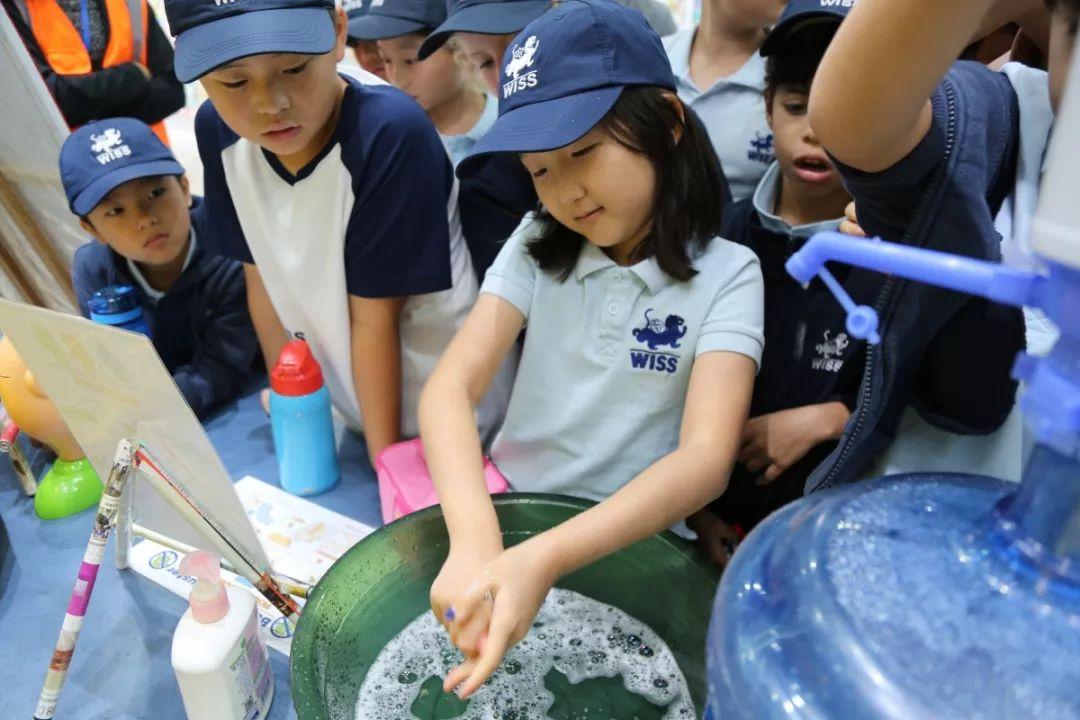
In the words of Mr. Rogers, “When I was a boy and I would see scary things in the news, my mother would say to me, ‘Look for the helpers. You will always find people who are helping.’ To this day, especially in times of ‘disaster,’ I remember my mother’s words and I am always comforted by realizing that there are still so many helpers—so many caring people in this world.”
罗杰斯先生的话提到:“当我还是个男孩的时候,我会在新闻中看到可怕的事情,母亲会对我说:'寻找协助者。你总能够找到帮助你的人。“ 直到今天,尤其是在“灾难”时期,我依然记得母亲这句话,而我总能够感到安慰,因为我意识到这个世界仍然有很多乐于助人的人——很多有爱心的人。”
It is good that you share with your children all the efforts that are being taken and what has been achieved to fight the virus. The work that doctors and scientists are doing to cure the people who are sick and to develop a drug to protect us from the virus.
同时,您可以与您的孩子们分享一些社会人士正在采取的所有努力以及与该病毒作斗争所取得的成就。例如,医生和科学家正在做的工作是治愈患病的人,并开发出一种可以保护我们不受病毒感染的药物。

4. Listen to your children and respond to their questions | 聆听并用心解答您孩子提出的问题
Children question everything, and they might come up with some difficult questions. It is important that you listen to them. It’s okay to admit when you don’t know something. Use trustworthy sources like the World Health Organization to find information and encourage older children to think critically about things that they may hear.
孩子们对一切都会抱有疑问,他们可能会提问出一些难题。因此,聆听他们的声音十分重要。当然向孩子们坦白承认有些问题我们也茫然不知亦是无可厚非。我们可以使用可信赖的消息来源,例如通过世界卫生组织(World Health Organization)来寻找相关信息,并鼓励年龄较大的孩子认真思考他们可能听到的信息。

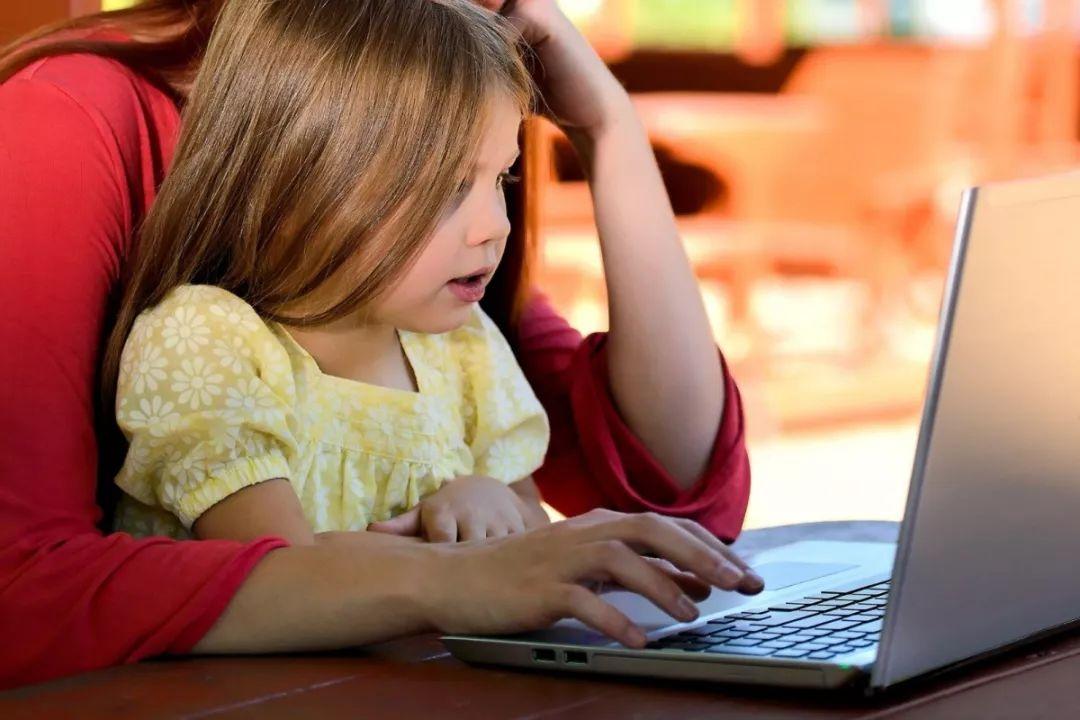
One of the hardest parts about being a parent is talking to your kids about difficult topics. We hope that these tips help.
作为父母最困难的部分之一是如何与您的孩子谈论困难的话题。我们希望这些提示对您有所帮助。

To find out more about the novel coronavirus and the preventive measures against the virus watch this video made by the World Health Organization or visit their website. For health updates in Chinese and English visit the Shanghai City Disease Prevention and Control Information Platform.
要了解有关新型冠状病毒及其预防措施的更多信息,请观看世界卫生组织制作的视频或访问其官方网站。有关中英文健康更新的信息,请访问上海市疾病预防控制中心的官网(http://www.scdc.sh.cn)。













 沪公网安备 31010502004453号
沪公网安备 31010502004453号





 成功提交后我们将尽快与您联系,请注意来电!
成功提交后我们将尽快与您联系,请注意来电!







 成功提交后我们将尽快与您联系,请注意来电!
成功提交后我们将尽快与您联系,请注意来电!


